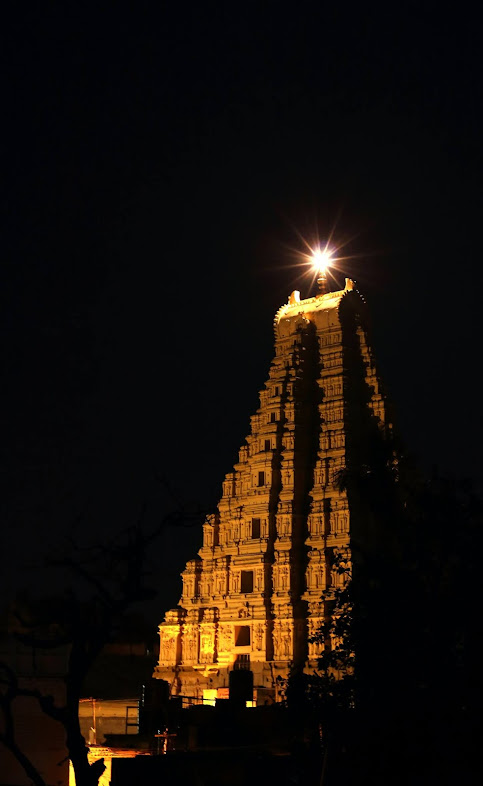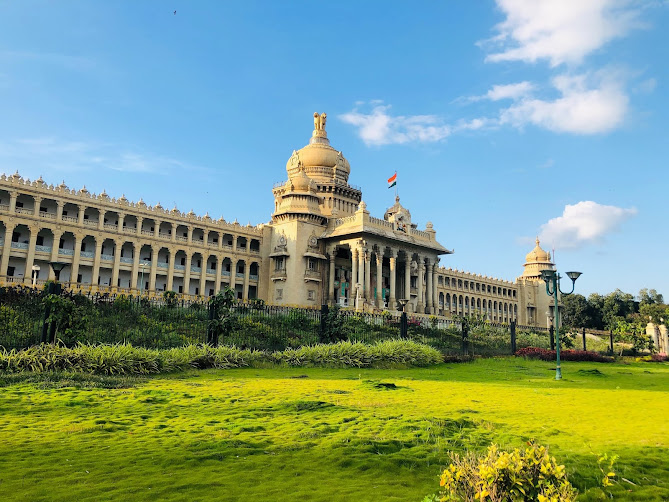What Archeology Says About Genealogy Of Vijayanagara Empire
Vijayanagara Which means “The City Of Victory” was the name of a city as well as an empire. The empire was founded by “Harihara and Bukka” in 1336 AD the city was stretched from the River Krishna in the north to the extreme south of the Peninsula.
Vijayanagara Empire fell into ruins in the Eighteenth century yet lived in the memories of people living in the Krishna-Tungabadra Doab. They call it Hampi.
Hampi - The name derived from the Local Mothe Goddess - Pampadevi. These oral traditions combined with archaeological finds, monuments and inscriptions and other records helped scholars to rediscover the Vijayanagara Empire.
Hampi was discovered by an engineer and antiquarian Colonel Colin Mackenzie in 1800. In 1836 Epigraphists began collecting several dozen Inscriptions found in the temples of Hampi.
There are many sources of Genealogy about the Vijayanagara Empire like :
- Inscriptions
- Numismatics
- Literary Works
But Inscriptions play a vital role in the finding of the city and the document of genealogy.
The Genealogy
A large number of Inscriptions of the Kingd of Vijayanagara and their Nayakas recording donations to temples as well as describing important events have been recovered.
- Bagapellisi Copper Plate Inscription - This inscription tells about the Achievements of Harihara - 1
- Bitragunta grant of Sangama 2 - gives the genealogy of the five Sangama brothers who were responsible for the foundation of the Vijayanagara Empire, Harihara and Bukka being the prominent Ones.
- ChannaRaya pateena Inscription of Hari Hara 2 - this inscription states about Bukka 1 and his successful Invasions.
- Srirangam Copper Plates of Deva Raya II - states about the various achievements of the ruler.
- Devulapalli Copper Plates of Immadi Narasimha - a genealogy of Saluva Dynasty.
Did You Know?
Krishnadevaraya the most famous ruler of Vijayanagara EMpire, composed a work on statecraft in Telugu known as the “Amuktamalyada”This is what he wrote about traders - A king should improve the harbours of his country and so encourage the commerce that horses, elephants, precious gems, sandalwood, pearls and other articles are freely imported. The king should arrange that the foreign sailors who land in his country on account of storms, illness and exhaustion are looked after in a suitable manner.Also make the merchants of distant foreign countries import elephants and good horses be attached to yourself by providing them daily audience, presents and allowing decent profits. Then those articles will never go to your Enemies.
Beautiful isn't it? this is the beauty of India kings and India, no matter wherever you come from India’s hospitality is the best in the world
Atithi Devo Bhava
Thank You!
Jai Hind!!
Footnotes:
- Themes In Indian History Part 2 - Class 12 NCERT




Comments
Post a Comment